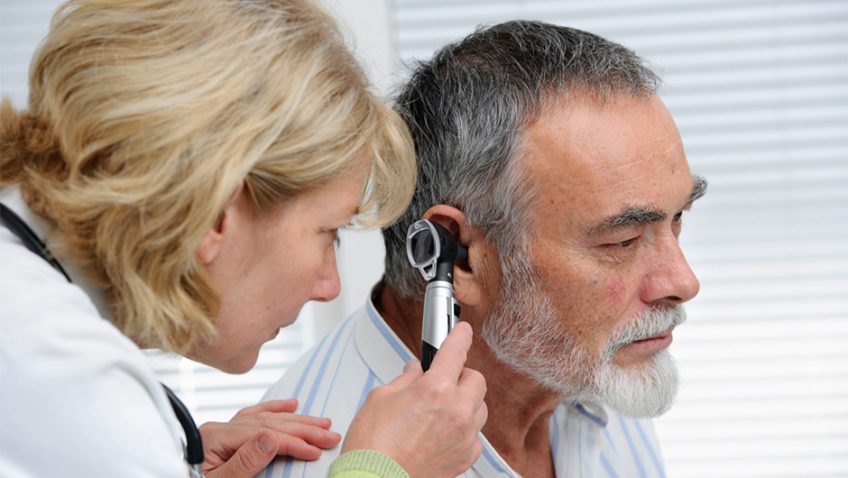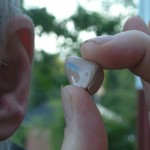It is not uncommon to suffer a decline in your hearing as you get older. It is also not uncommon to do nothing about it. In fact, it can take up to ten years before a person seeks help for hearing loss. For some, the decline is so gradual that they don’t realise how bad it’s got; some people think it is a normal part of ageing and that they just have to live with it; others fear the discomfort, look or hassle that they associate with hearing aids.
But ignoring hearing loss, deafness and tinnitus could lead to other serious health conditions and have a negative impact on your wellbeing. Untreated hearing loss leaves sufferers unable or struggling to communicate with friends, family, colleagues and health professionals. This can lead to isolation, low self-esteem and anxiety.
Hearing loss linked to health problems
A report entitled Hearing Matters, for national charity, Action on Hearing Loss, revealed that hearing loss doubles the risk of developing depression and increases the risk of anxiety and other mental health problems. There is also evidence that hearing loss is linked to learning disabilities, cardiovascular disease, diabetes, stroke and obesity.
Untreated hearing loss can also cause people to become confused or misunderstand vital information. The Ear Foundation suggested that, because of communication difficulties, people with hearing loss cost the NHS £76 million in extra GP visits and £60 million in increased use of social care (The Ear Foundation, 2014).
New research in a study authored by the Lancet commissions on Dementia Prevention, Intervention, and Care, has shown that seeking effective treatment for hearing loss may reduce the risk of dementia by a significant 9%. That’s greater than giving up smoking (5%), getting treatment for depression (4%), exercising more (3%) and being free of the “dementia gene” ApoE4 (7%).
This was backed by further research published this year which confirmed strong links between hearing status and the risk of disability, dementia, and depression in older adults (Amieva et al, 2018.) The 25-year study, which looks at the effects of hearing problems on health, concludes that untreated hearing loss can increase the risk of developing dementia by 21%.
Social withdrawal
Being socially active enables us to exercise and enhance our cognitive ability, keeping the brain healthy and active for longer. People who are hard of hearing often find social engagement challenging because of the side effects of the effort to hear and understand speech and would rather choose to avoid them. Unfortunately, this can lead to social withdrawal and isolation, effectively starving the brain of stimulation and potentially accelerating dementia.
Most people would associate hearing with their ears, when in fact, better hearing starts with your brain. The brain manages sound and converts it into information that is comprehendible, however, hearing loss makes this process more demanding, and especially in environments where there are lots of people speaking and background noise complicates the soundscape. Hearing loss essentially puts extra load on the brain as it works harder to ‘understand’, and without effective management can make a person feel tired, disengaged or unmotivated.
Hearing aids
Hearing aids compensate for hearing loss and, according to the report from Action on Hearing Loss, there is good evidence that hearing aids enable people with hearing loss to stay socially active, reduce the risk of depression and may even reduce the risk of dementia.
There is treatment and advice available to help manage hearing loss, deafness and tinnitus and in turn to help prevent the onset of related health problems. If you have symptoms, don’t ignore them.
You can get a free hearing test on the NHS if you are referred to an audiologist through your GP. If you don’t want to wait, you can pay to get tested somewhere else, like at a large pharmacy or opticians.
Always see your GP first if you also have other symptoms, like earache or discharge or if you have sudden hearing loss in one ear.





